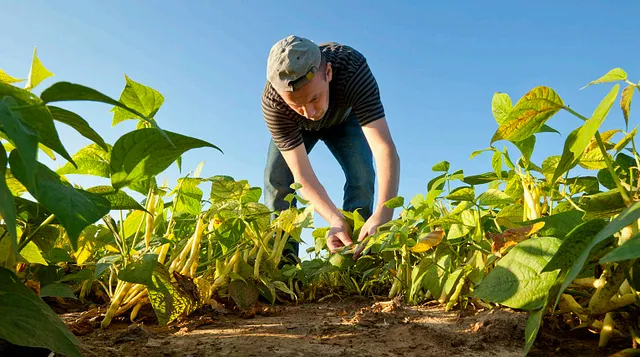Shelter Residents Fed Organic Food by the Homeless
Homeless People Provide Food For Shelter Residents By Growing Organic Garden
Growing an Organic garden is something you would probably not associate with the homeless. To grow an Organic garden you would probably think it was suited more to people who had money and the necessary training or know how to do it.
An Atlanta homeless shelter decided that this privilege was opened up to the less fortunate in the community and provided training so they could grow their own healthy food.

Read on to see how these homeless people are helping themselves
The organization, which services homeless and formerly homeless people in its sustainable facility, offers a number of programs to its clients. In addition to its growing gardening initiative, the Metro Atlanta Task Force has a 24-hour assistance hotline, day service center and transitional housing program, among other programs.
Eating healthy costs the average American an extra $550 dollars per year, with processed meats and snacks often priced disproportionately cheap. While eating discounted snacks might give homeless residents short-term financial benefits, the long-term.
But the rooftop garden, which was first established in 2009, serves as a means to teach homeless people about urban food production and sustainable technologies, while also giving them the chance to feed fellow residents, according to the group’s website.
The first harvest this spring produced 55 pounds of greens.
The trainees are all resident volunteers at the shelter and are graduates or currently participating in the Truly Living Well program. It’s an agricultural program that brings fresh, nutritionally dense produce to the community.
The garden currently has 80 beds and has already raised small crops of lettuces, collards, kale, chard, carrots, radishes and squash, among other fruits and vegetables.
The extensive program prepares participants for every nuance related to the field.
For example, the rooftop garden has 1,300 bees for pollination and producing honey, and it harvests rainwater to irrigate the crops.
Source:
